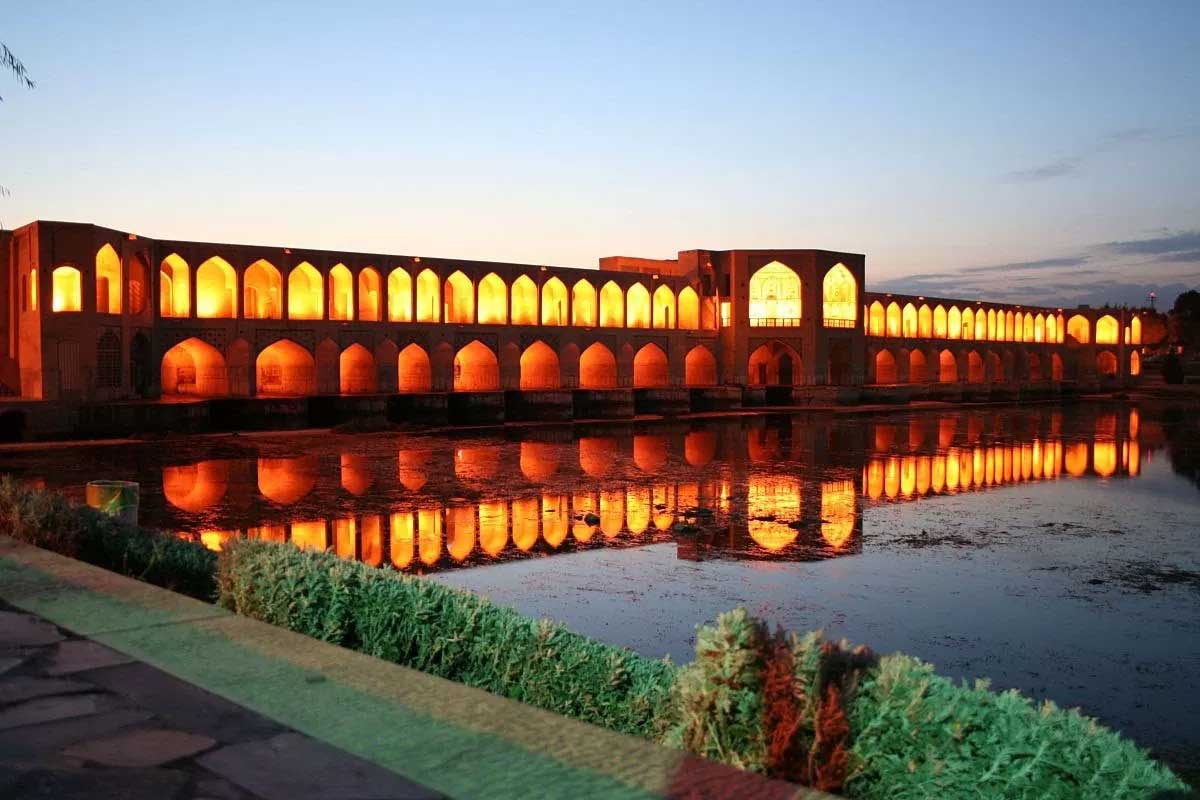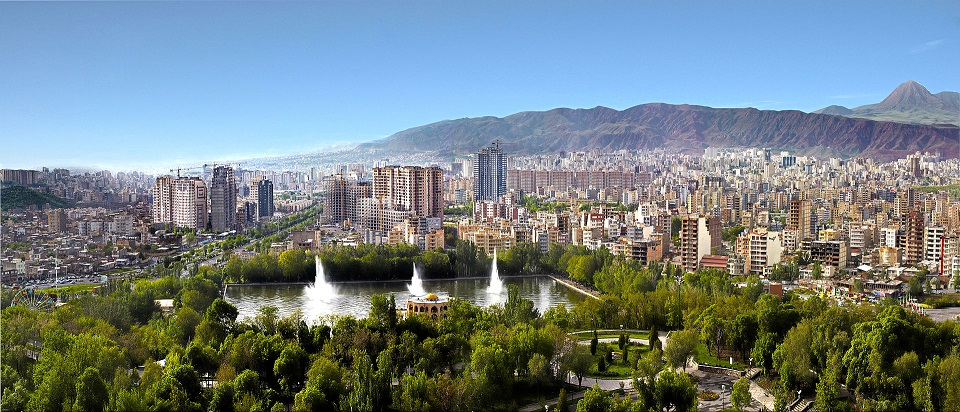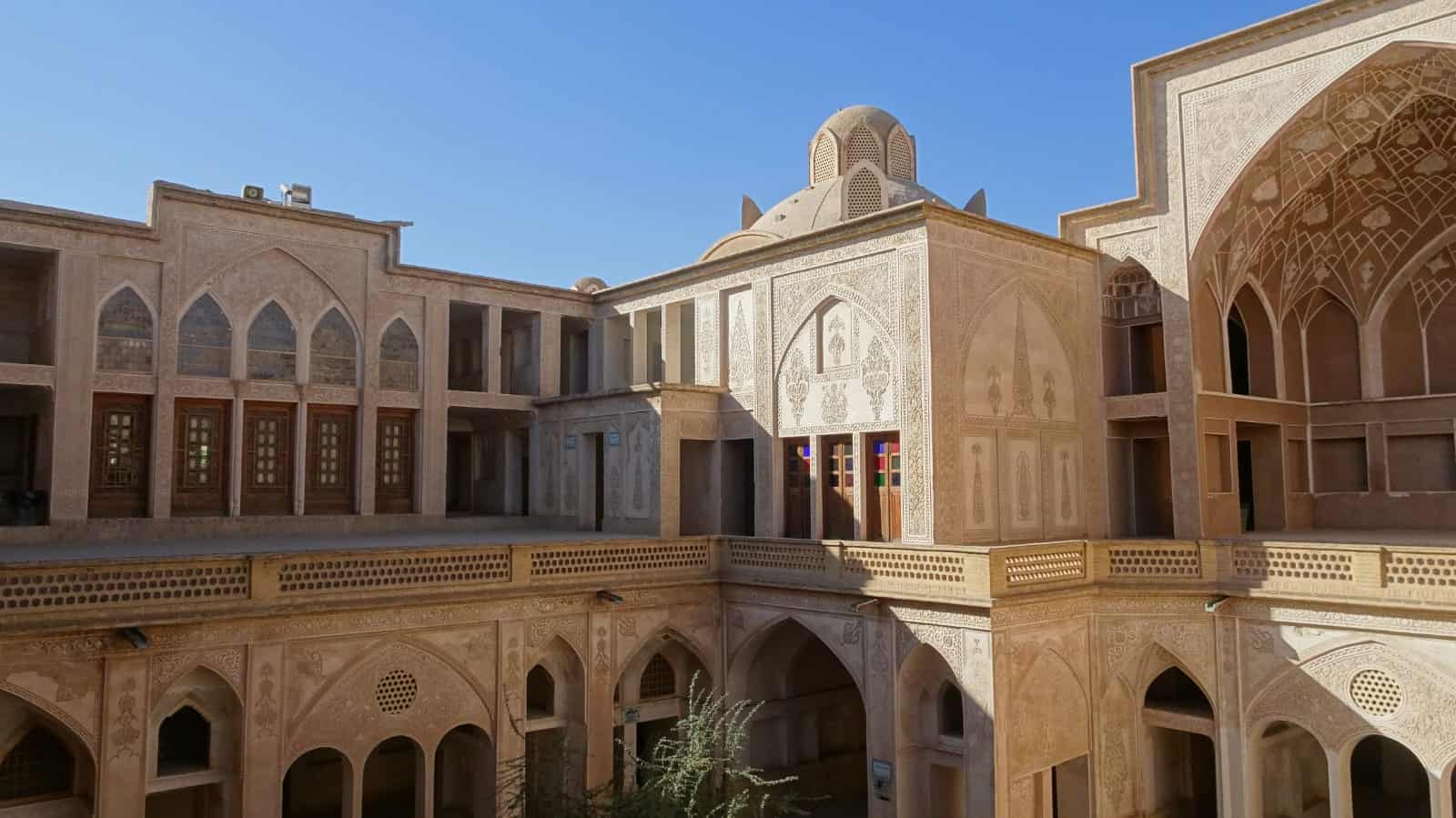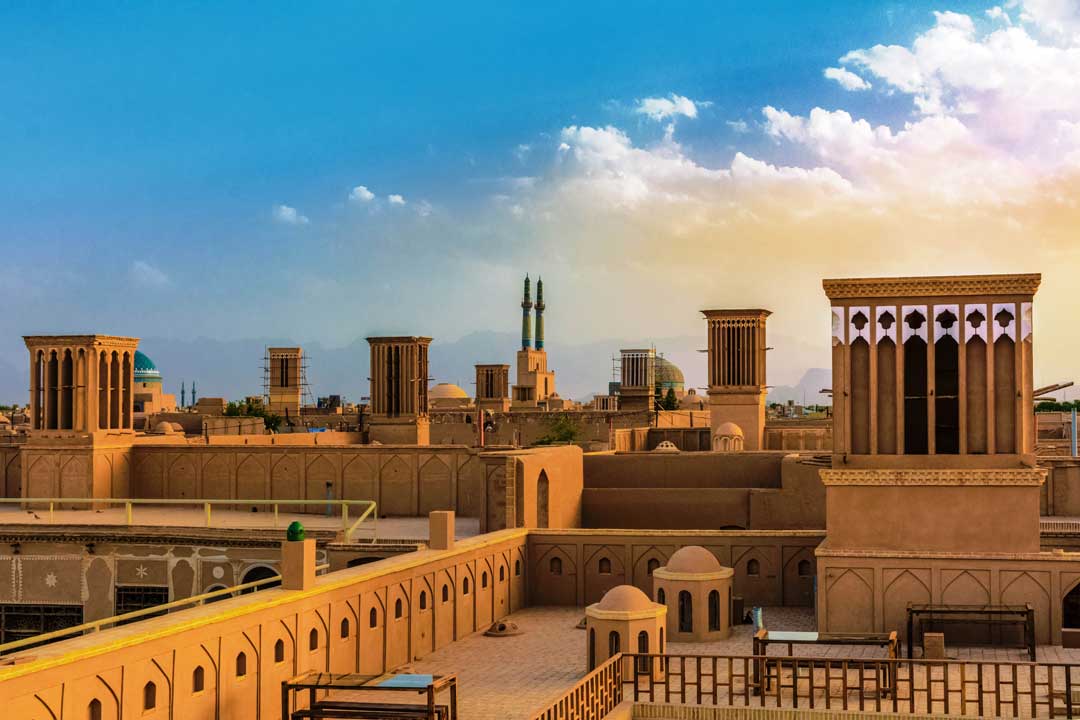The Growing Potential of Hotel Development in the Global Hospitality Industry
The global hospitality industry is a powerhouse of economic activity and growth. As of 2023, there are at least 187,000 hotels worldwide, offering an estimated 17.5 million guestrooms. The industry’s value was over $4.548 trillion in 2022 and reached over $4.7 trillion in 2023. With forecasts suggesting growth to around $5.5 trillion by 2024, investing in hotel development presents a lucrative business opportunity. This article explores the importance of hotel construction, identifies the best types of hotels to build, and outlines key features that future hotels should incorporate to capitalize on the growing tourism market.
The Economic Significance of Hotel Construction
Investing in hotel construction is a strategic move for several reasons:
- Economic Growth and Employment:
-
- Job Creation: The hospitality sector is labor-intensive. Building new hotels creates numerous jobs, from construction to permanent roles in management, housekeeping, and services.
- Multiplier Effect: Hotels boost local economies by increasing demand for goods and services, including food, transportation, and entertainment.
- Rising Tourist Numbers:
-
- Growing Demand: The continuous rise in global travel and tourism creates a constant demand for accommodation. This trend is driven by increasing disposable incomes, greater connectivity, and the global inclination towards experiential travel.
- Diverse Market Needs: The diverse profiles of tourists, ranging from budget travelers to luxury seekers, ensure that different types of hotels can thrive.
- Revenue Generation:
-
- High Revenue Potential: Hotels contribute significantly to the tourism revenue through room bookings, dining, events, and additional services like spa treatments and guided tours.
Types of Hotels for Future Development
Given the dynamic nature of the tourism industry, several types of hotels are particularly promising for future development:
- Boutique Hotels:
-
- Unique Experience: These hotels offer personalized services and a unique ambiance, catering to travelers looking for distinctive and intimate experiences.
- Local Integration: Often incorporating local culture and design, boutique hotels attract tourists interested in authentic local experiences.
- Eco-Friendly Hotels:
-
- Sustainability: With a growing emphasis on sustainable travel, eco-friendly hotels appeal to environmentally conscious travelers. These hotels implement green practices like energy efficiency, waste reduction, and the use of renewable resources.
- Future-Proofing: Sustainable practices not only attract customers but also align with future regulations and standards aimed at reducing carbon footprints.
- Luxury Resorts:
-
- High-End Market: Catering to affluent travelers, luxury resorts offer exclusive services, high-end amenities, and exceptional customer service.
- All-Inclusive Packages: These resorts often provide all-inclusive packages, ensuring a hassle-free experience that includes dining, entertainment, and activities.
- Budget Hotels and Hostels:
-
- Affordability: Budget-conscious travelers seek affordable accommodation without compromising on basic comfort and cleanliness.
- High Turnover: These establishments benefit from high occupancy rates due to their affordability and the large segment of budget travelers.
Key Features for Future Hotels
To ensure success in the competitive hospitality market, future hotels should incorporate the following features:
- Technology Integration:
-
- Smart Rooms: Incorporating IoT (Internet of Things) for personalized guest experiences, such as automated room settings and smart lighting.
- Contactless Services: Offering mobile check-in/check-out, digital keys, and contactless payment options.
-
- Green Certifications: Achieving certifications like LEED (Leadership in Energy and Environmental Design) to demonstrate commitment to sustainability.
- Eco-Friendly Operations: Implementing practices such as energy-efficient lighting, water-saving fixtures, and comprehensive recycling programs.
- Wellness and Health Facilities:
-
- Fitness Centers and Spas: Offering state-of-the-art fitness centers and wellness spas to cater to health-conscious travelers.
- Healthy Dining Options: Providing menus with organic and health-focused food options.
- Personalized Services:
-
- Guest Preferences: Using data analytics to understand and cater to individual guest preferences, enhancing the overall guest experience.
- Loyalty Programs: Implementing robust loyalty programs to encourage repeat business and customer retention.
Conclusion
The global hospitality industry’s robust growth makes hotel development a highly attractive investment. By understanding the market dynamics and focusing on innovative, sustainable, and guest-centric hotel designs, investors can tap into the burgeoning tourism market. Whether building boutique hotels, eco-friendly establishments, luxury resorts, or budget accommodations, the potential for growth and profitability in the hospitality sector is substantial. As travel and tourism continue to expand, the demand for diverse and well-equipped hotels will only increase, offering a promising avenue for strategic investments.
Siamak Ekhtary
Business Developer
Gate of Nations GmbH











Leave a reply